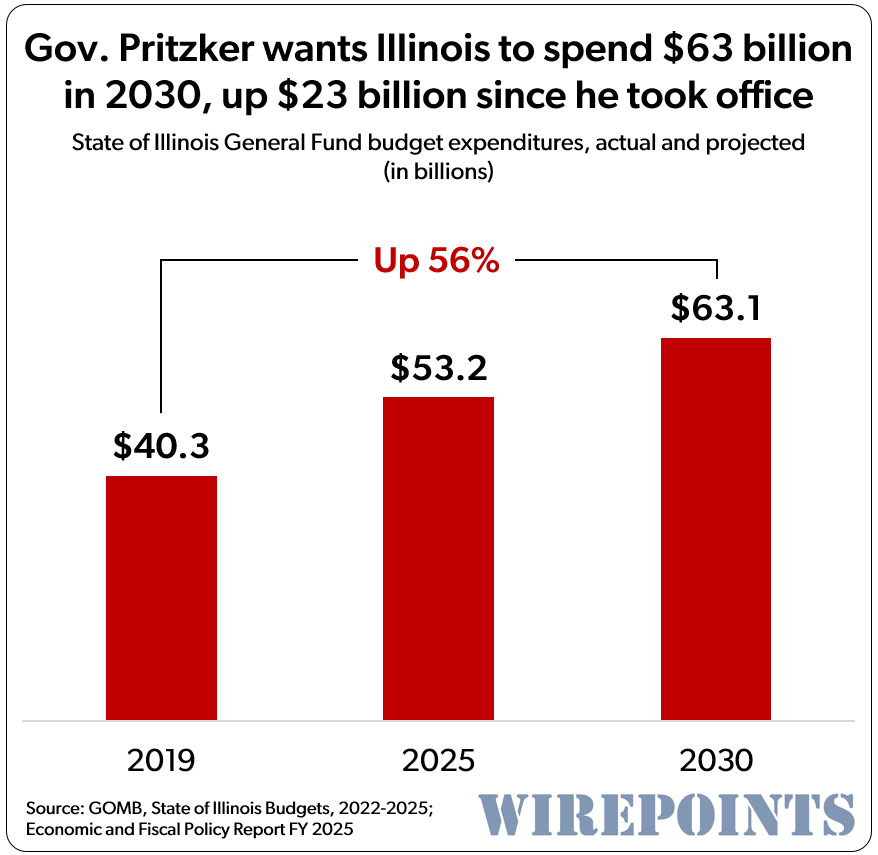Teachers need subject expertise
Imagine hiring a piano teacher who can’t play the piano or a swimming instructor who’s terrified of water. While it’s clear that these examples are absurd, the Manitoba government seems to have missed the obvious: teachers can’t teach what they don’t know.
Last week, Manitoba quietly announced significant changes to teacher certification. Manitobans should be deeply concerned.
For example, previously K-8 teachers were required to complete two courses in each of math, science, English and history. These requirements — and others — have been removed entirely. There are now no mandated core subject requirements for teachers in training at any level.
Acting education minister Tracy Schmidt, made the remarkable claim that this will “help support students.” It’s unclear if the politicians endorsing these regulations fully understand the consequences. The changes, billed as “removing barriers,” instead strip away critical requirements for foundational knowledge that teachers need to be effective in their jobs.
The government claims this will “align Manitoba with other Canadian jurisdictions,” but this is misleading. Most provinces require K-8 teachers to take at least one, and often two, math courses at the university level. Quebec mandates five courses for middle school math teachers, and Ontario recently introduced a math proficiency test for all teachers.
University of Manitoba’s dean of education Jan Stewart supported the lowered standards, claiming there is little research to suggest someone with an extensive background in a teachable subject is more effective in the classroom. Common sense tells us that you can’t teach what you don’t understand, and it’s challenging to help students in a subject you struggle with.
——-
Our govt’s decision to remove all subject area requirementsfor teachers will make things worse.
The data clearly indicate that being able to read is not a requirement for graduation at (Madison) East, especially if you are black or Hispanic”
My Question to Wisconsin Governor Tony Evers on Teacher Mulligans and our Disastrous Reading Results
2017: West High Reading Interventionist Teacher’s Remarks to the School Board on Madison’s Disastrous Reading Results
Madison’s taxpayer supported K-12 school district, despite spending far more than most, has long tolerated disastrous reading results.
“An emphasis on adult employment”
Wisconsin Public Policy Forum Madison School District Report[PDF]
WEAC: $1.57 million for Four Wisconsin Senators
Friday Afternoon Veto: Governor Evers Rejects AB446/SB454; an effort to address our long term, disastrous reading results
Booked, but can’t read (Madison): functional literacy, National citizenship and the new face of Dred Scott in the age of mass incarceration.
When A Stands for Average: Students at the UW-Madison School of Education Receive Sky-High Grades. How Smart is That?




